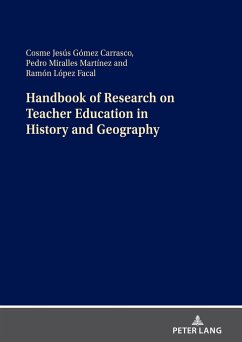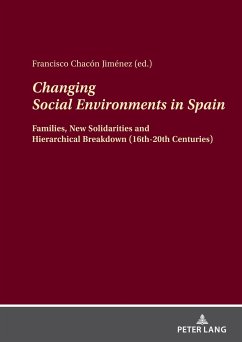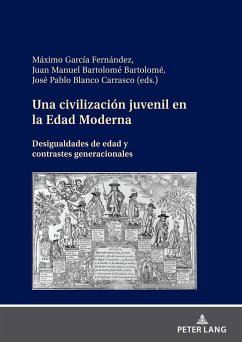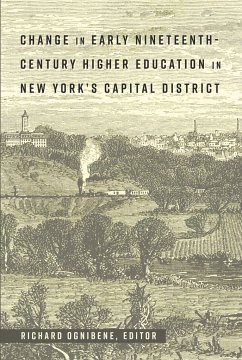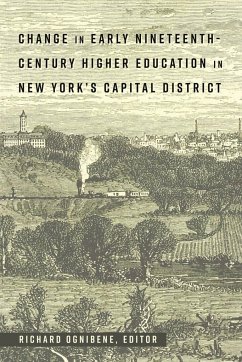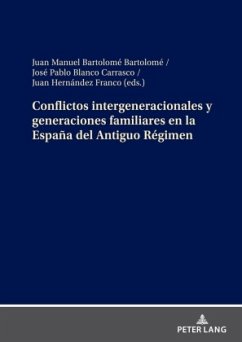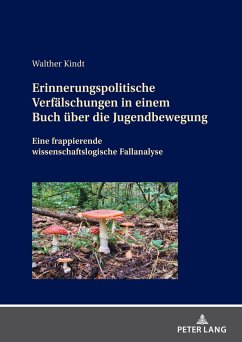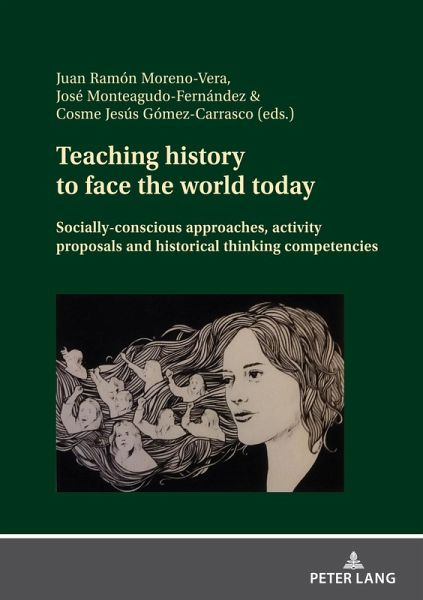
Teaching history to face the world today
Socially-conscious approaches, activity proposals and historical thinking competencies
Herausgegeben: Gómez Carrasco, Cosme J.; Monteagudo Fernández, José; Moreno Vera, Juan Ramón
Versandkostenfrei!
Versandfertig in 6-10 Tagen
59,95 €
inkl. MwSt.

PAYBACK Punkte
0 °P sammeln!
This book develops the challenges that history teaching must face as a curricular subject at the beginning of the 21st century. These challenges are related, both to new epistemological approaches in history education, and also to the development of new activities, active-learning methodologies, and historical thinking competencies.In terms of new approaches, this book suggests activities regarding invisible topics such as social and economic impacts in history, inequalities, church and science, gender equality, power and violence, prosecuted by justice, peasantry and the urban world, family a...
This book develops the challenges that history teaching must face as a curricular subject at the beginning of the 21st century. These challenges are related, both to new epistemological approaches in history education, and also to the development of new activities, active-learning methodologies, and historical thinking competencies.
In terms of new approaches, this book suggests activities regarding invisible topics such as social and economic impacts in history, inequalities, church and science, gender equality, power and violence, prosecuted by justice, peasantry and the urban world, family and daily life, terror or travelers and their cross-currents.
Regarding the activities, the incidence of new technologies in social relations and the effects of globalization is very remarkable for our students. The authors highlight the need for changes in teaching and learning history.
In terms of new approaches, this book suggests activities regarding invisible topics such as social and economic impacts in history, inequalities, church and science, gender equality, power and violence, prosecuted by justice, peasantry and the urban world, family and daily life, terror or travelers and their cross-currents.
Regarding the activities, the incidence of new technologies in social relations and the effects of globalization is very remarkable for our students. The authors highlight the need for changes in teaching and learning history.





